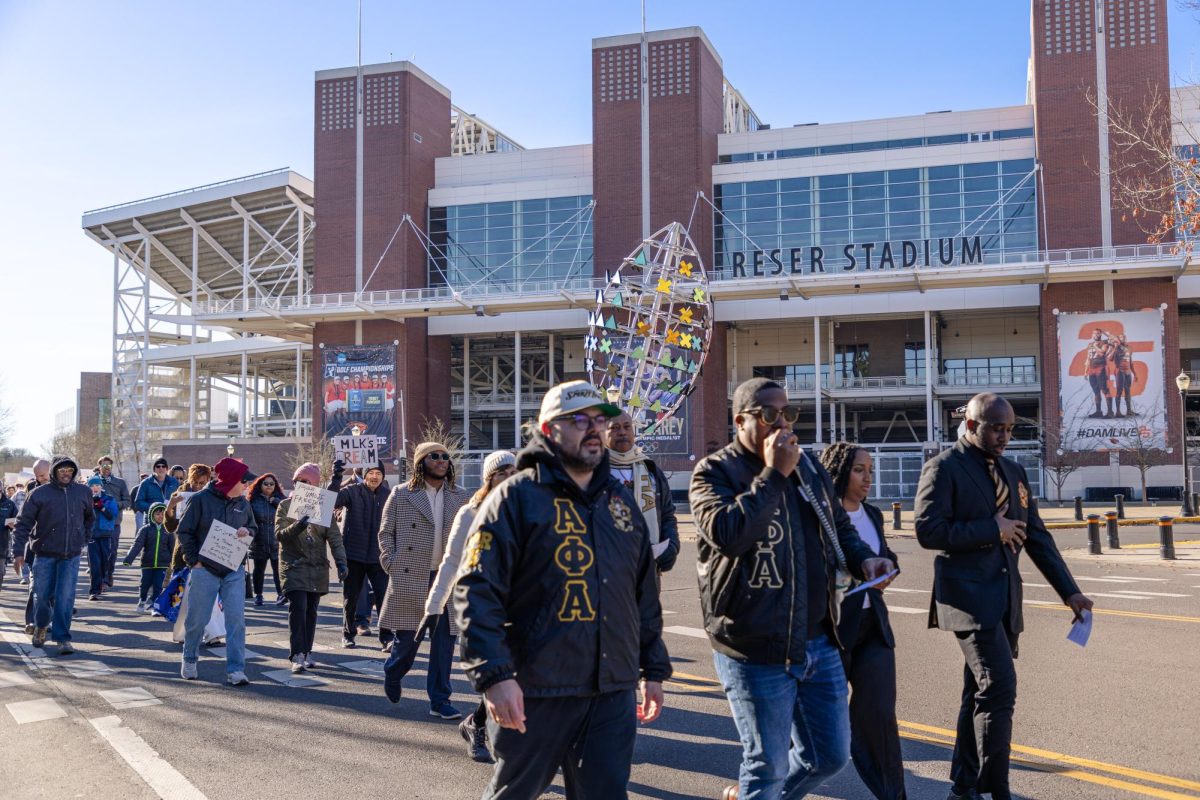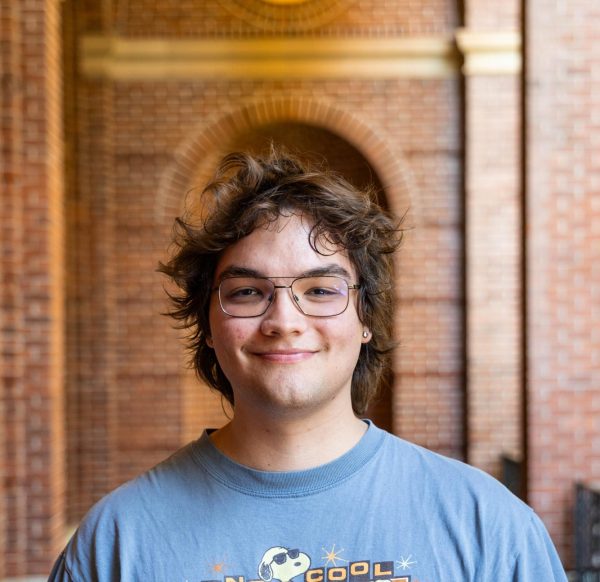Editor’s note: Orange Media Network, with which The Daily Barometer is affiliated, is involved in the student fees deliberations process.
The ASOSU senate will convene a second time to deliberate and vote on several student fee allocation bills as part of the 84th Senate’s winter session. They are set to meet at 6 p.m. on Jan. 23 in Memorial Union Room 49.
The proposed bills will determine the allocation of mandatory incidental fees for the 2025-2026 academic year which will impact various campus services and student programs. Key items on the agenda include the second round of readings of Senate Bills 84.19 through 84.25. These bills propose funding for areas ranging from contingency reserves to the performing arts as well as student engagement initiatives.
Collectively, the Student Fee Committee has recommended an incidental fee of $535.76 per student per term for Fall 2025 through Spring 2026, this is a 1.65% increase from the previous fiscal year.
There are four proposals that stand out:
“SB 84.19 – Contingency & Supplementary Fund Fee”: This bill recommends a 70% reduction in the fee allocation to $0.03 per term, citing a surplus in current reserves.
“SB 84.20 – ASOSU Incidental Fee Allocation Bill”: This bill proposes at $71.89 per term, this funding is allocated for student tickets to athletic events under the ASOSU-Athletics Memorandum of Understanding.
“SB 84.23 – Student Experiences & Engagement Fee”: This bill proposes a $1.16 increase to the Student Organization Activity Grants to address rising costs and demand.
“SB 84.25 – Performing Arts Fee”: Proposes a modest increase to $10.33 per term and aims to enhance student access to performances and ensure affordable ticket options for student productions.
The Family Resource Center is also poised for a boost in funds, with $100,000 set aside for increased child care assistance to aid student parents, while the Memorial Union plans to fund key staffing and infrastructure upgrades.
The outcome of these deliberations will shape how Oregon State University supports its diverse student body population as they try to balance cost increases with the need to maintain essential programs. The meeting, open to the public, begins at 6 p.m. in MU 49 as well as via Zoom.













































































































